Lost Horizon (1937)
“Did you ever go to a totally strange place and feel certain you had been there before?”
|
Synopsis: |
|
Genres, Themes, Actors, and Directors:
Response to Peary’s Review: He notes that “the time the characters spend in this land where people are healthy, exist in harmony, and live for 200 years is dull in comparison”. Peary’s review is spot on: the opening scenes during the revolt are thrilling and fast-paced, but Shangri-La itself comes across as little more than a beautiful spa; plus, it’s distressing seeing the “happy natives” all working or in school while the whites live in luxury. I’m also not a fan of Jaffe’s casting as the High Lama, though he does come across as appropriately deluded. The twist near the end is exciting, and Joseph Walker’s cinematography is gorgeous — but otherwise, this film is primarily of interest as a historical document. Note: According to Wikipedia, the film “exceeded its original budget by more than $776,000, and it took five years for it to earn back its cost.” Redeeming Qualities and Moments:
Must See? Links: |
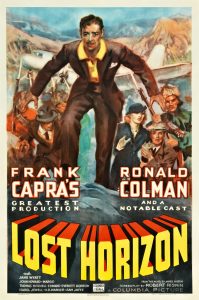
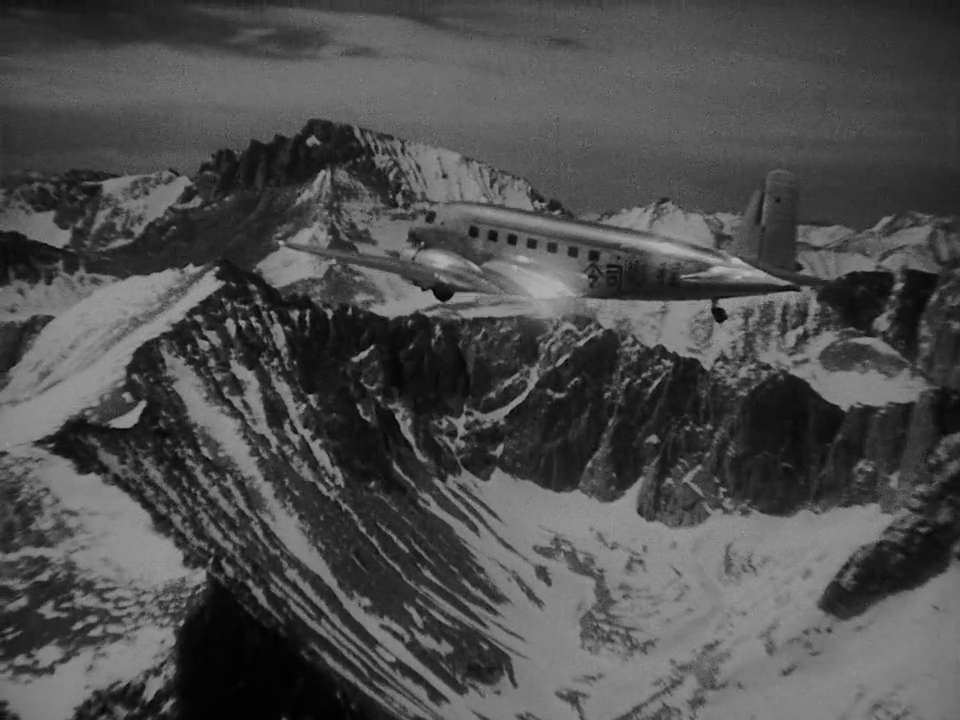
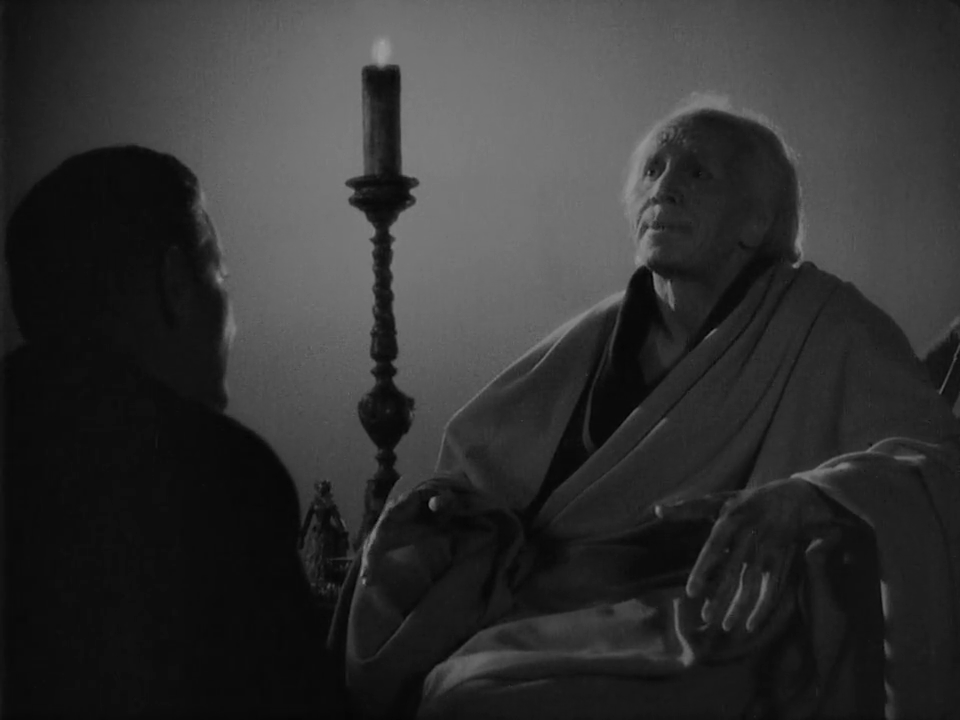
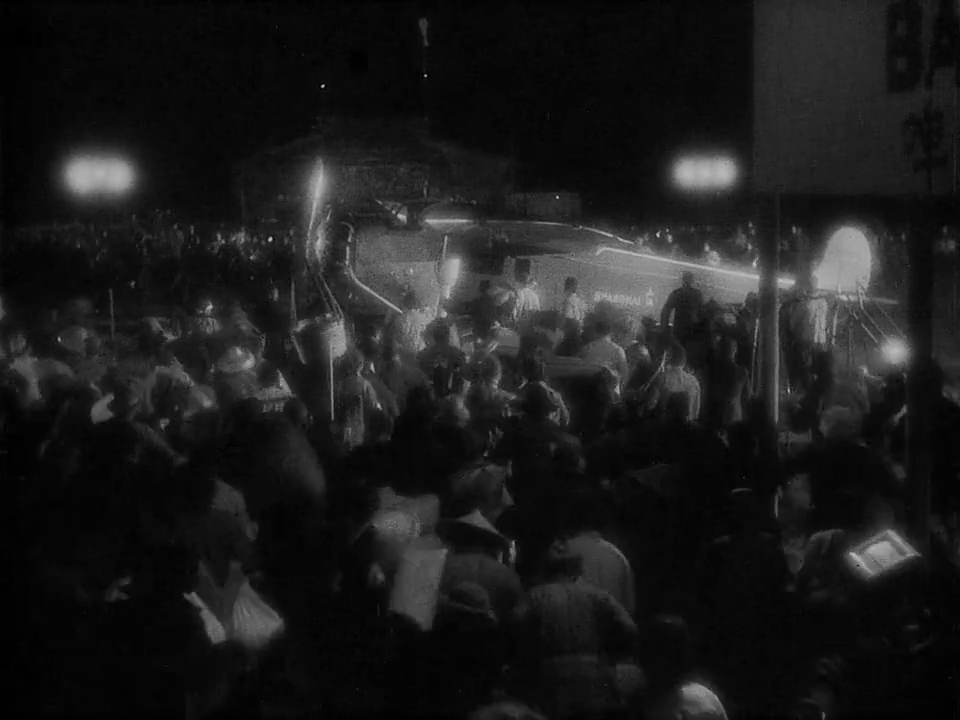
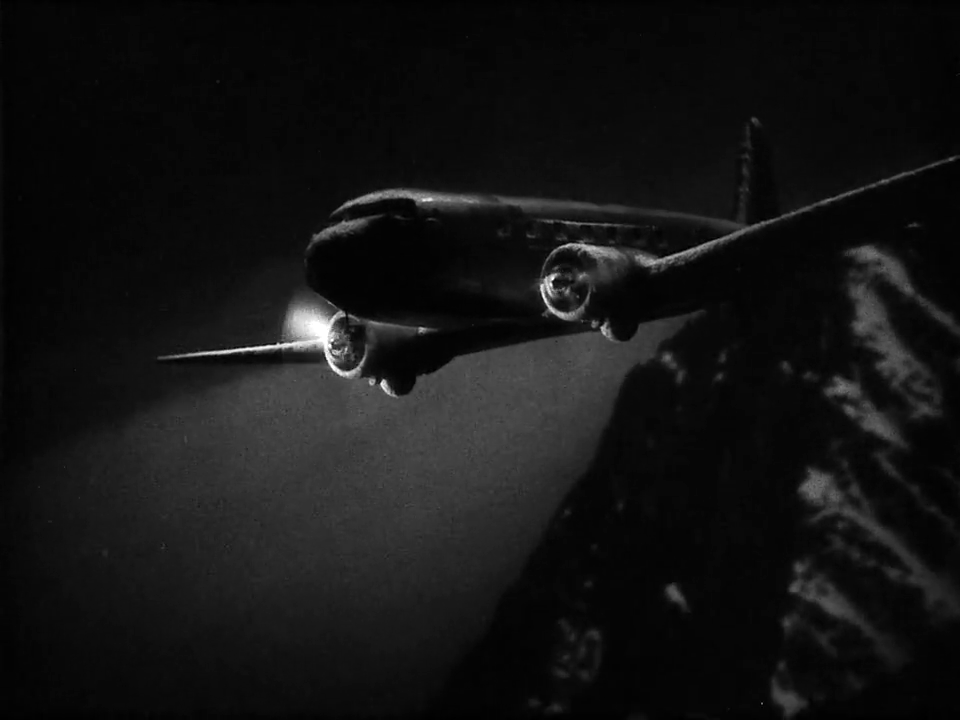
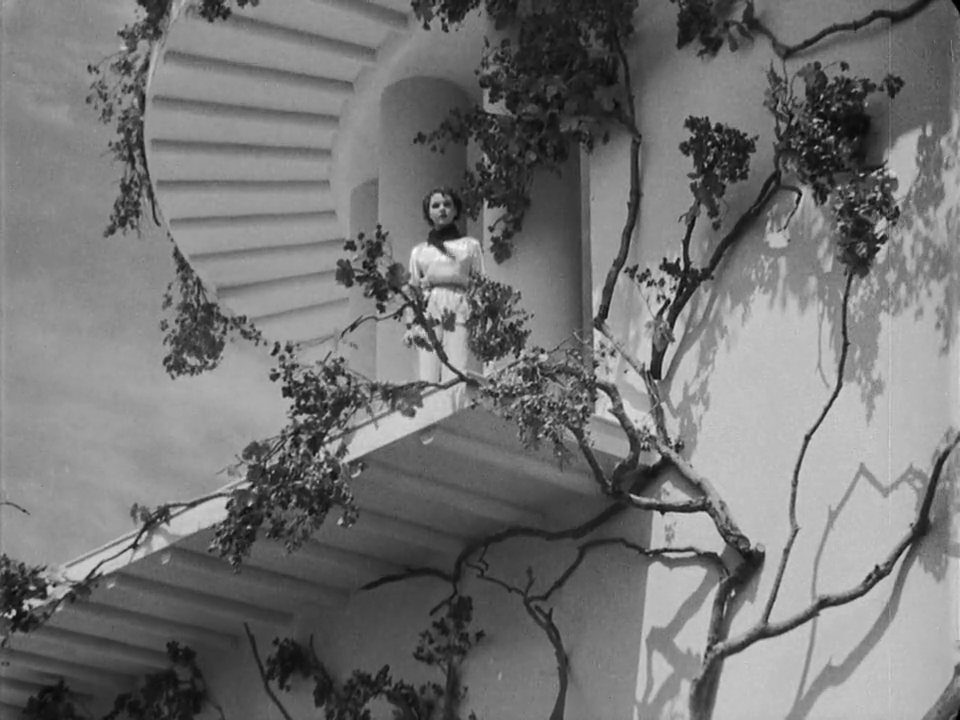

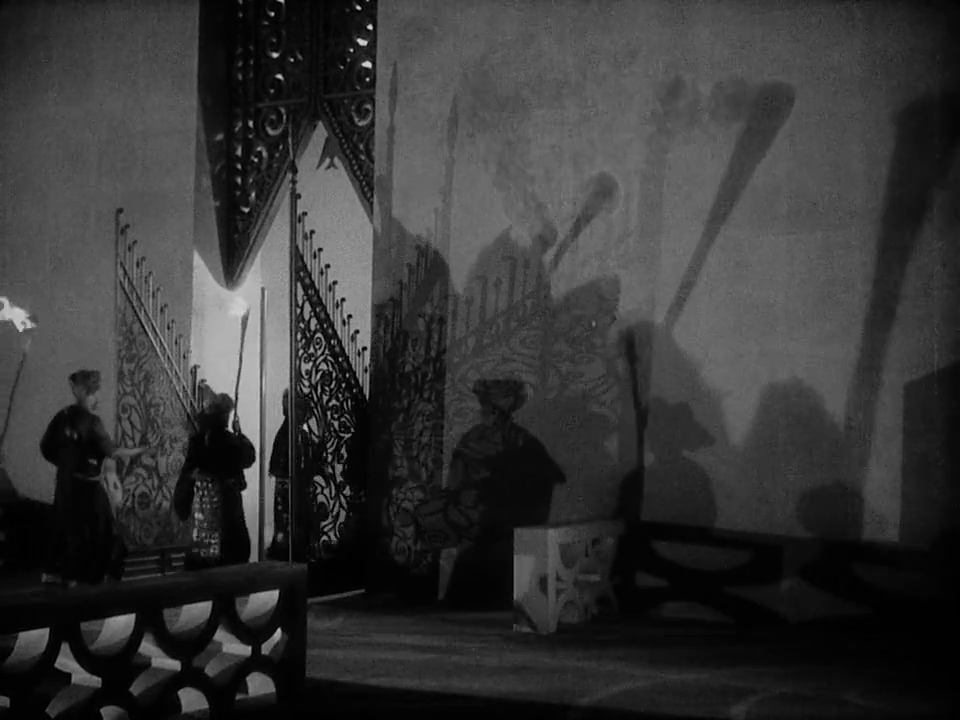
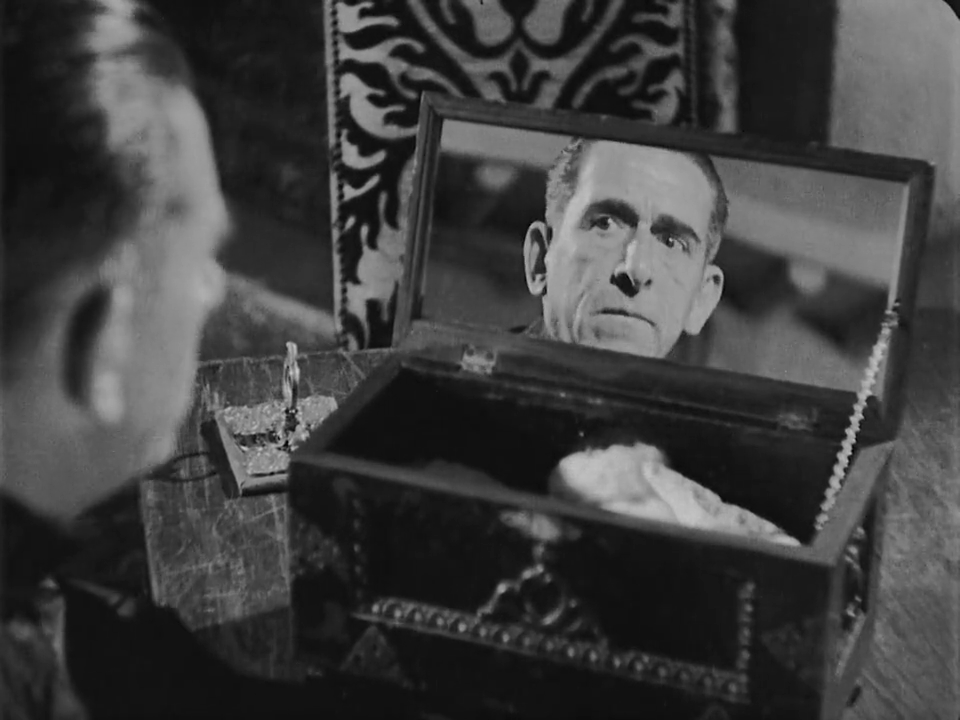
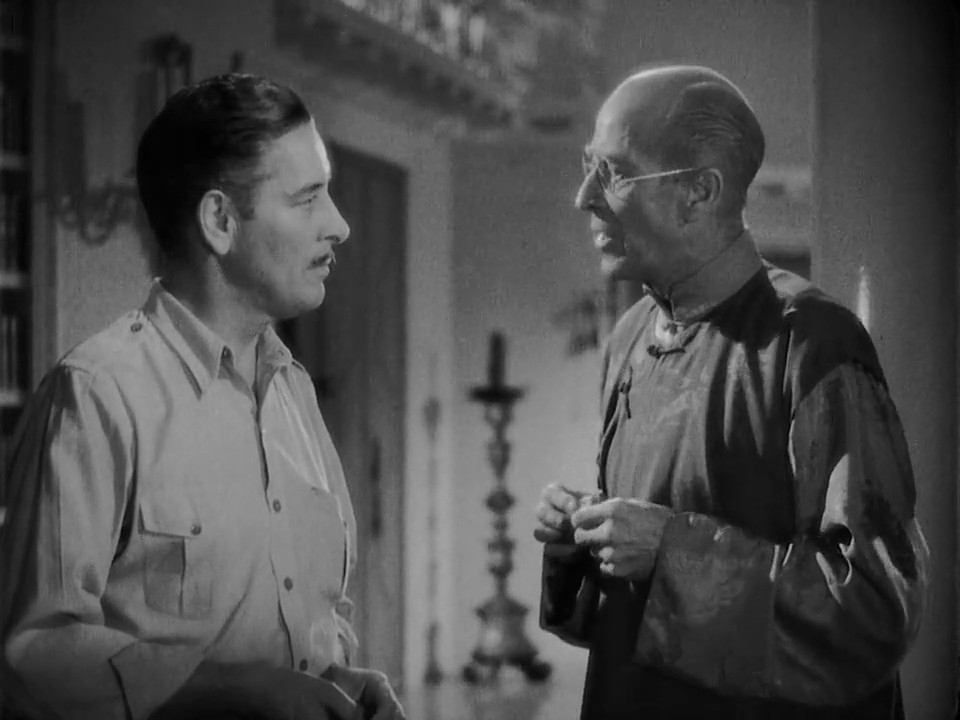
One thought on “Lost Horizon (1937)”
SPOILERS AHEAD (though maybe not, because the details of this film may by now be fairly well-known):
Technically my first viewing – since I’d only seen it once before, many years ago, and that was the version without the restored footage. But, frankly… the restored footage (with stills) really doesn’t add much if anything of real value to the plot.
Not must-see.
This is a tricky film to assess in some ways. It serves as an example of what some have called ‘Capra-corn’ – but, in a way, it’s not Capra’s fault: the material itself (most notably in the way it is written) borders on corny already so it wouldn’t have mattered that much who directed it.
I haven’t read James Hilton’s novel so I don’t know how he imagined and described Shangri-La – or whether it was done more effectively. But in the film, an awkward number of things come off as: (as noted) a reflection of white supremacy – or naive or far-fetched or bizarrely coincidental (Shangri-La just happens to be in an area that is seemingly surrounded by and overflowing with gold?; how fortunate indeed!). A Heaven on Earth certainly would have been a challenge to imagine and visualize but the conceptualization we see seems… sloppy somehow.
On the other hand… those things aside… Shangri-La *is* presented as a land of peace and harmony. It would be a mistake to think of that aspect as ‘corny’…or even dull. Who wouldn’t want to live in peace and harmony? The challenge is in making such an atmosphere compelling as a film… and the film falls short there as well (which is a shame).
In the film, it also takes *forever* just to get to Shangri-La – and the why of that is confusing. ~as is the reasoning behind the ‘fate’ of Colman’s arrival.
But, once we get there, the story is almost totally without conflict of any kind. So it seems Capra attempted to compensate by having the brother (Howard) over-act at every opportunity and almost constantly remain hysterical. That gets to be a bit much.
I disagree with the assessment that the High Lama is “deluded” – he is, after all, telling the truth.
It’s a bit sad that a film with such an interesting premise was realized as something that doesn’t ultimately seem well-thought-out.
~not that the 1973 musical version helped much in that regard. I know I’ve seen it but I recall it as such a train wreck that I’m not sure I could go through that again. 😉